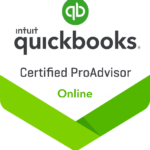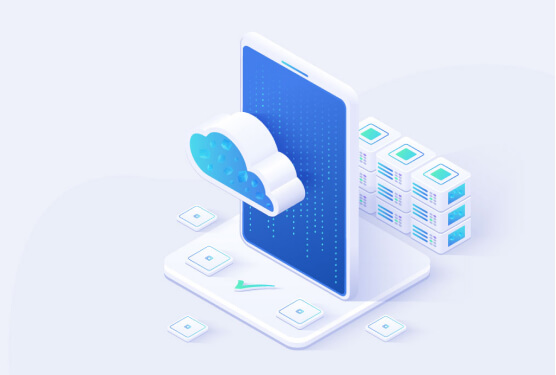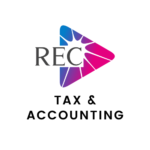Artificial Intelligence (AI) is revolutionizing the tax and accounting industry by automating routine tasks and enhancing decision-making processes. For a tax and accounting business, AI can streamline data entry and reduce human errors using software like QuickBooks and Xero, which use AI to categorize transactions and reconcile accounts efficiently.
AI-powered platforms such as Botkeeper offer comprehensive bookkeeping solutions by automating data entry and generating financial reports. Another example is Kabbage, which leverages AI to analyze financial data and provide small business loans, helping businesses with cash flow management.
AI can also improve client interactions through chatbots and virtual assistants like Drake Software‘s chat feature, offering real-time support and answering common tax-related queries. Predictive analytics tools such as Avalara help forecast financial trends and potential tax liabilities, enabling proactive planning. By automating compliance checks, AI solutions like Vertex ensure that all regulatory requirements are met, reducing the risk of penalties.
Machine learning algorithms in programs like Sage Intacct can detect fraudulent activities, protecting both the firm and its clients. Additionally, AI can assist in personalizing services using platforms like Intuit ProConnect, which analyze client data to tailor tax strategies and recommendations. Embracing AI in your tax and accounting business not only enhances efficiency but also provides a competitive edge in a rapidly evolving market.




